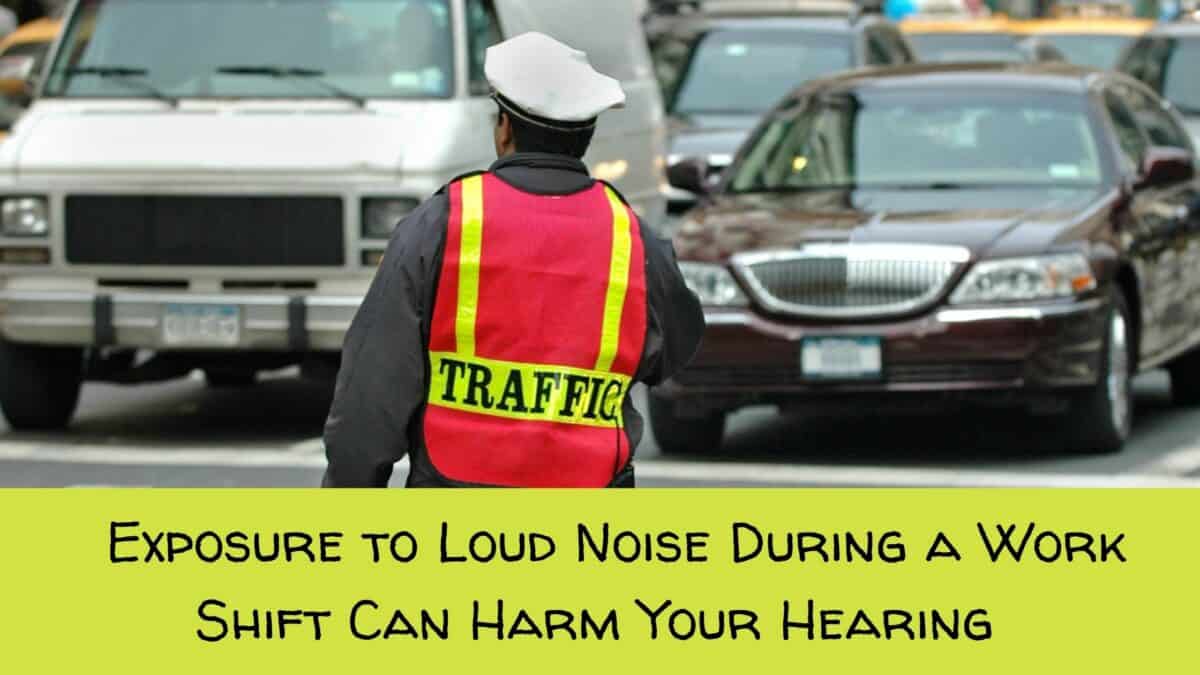Though we have federal protections for worker safety in the United States, 22 million workers are exposed to dangerously loud noise every day. A smaller number — about 10 million — of workers put their hearing health at risk by handling ototoxic (chemicals or medications known for their toxicity to the ear) in their professional life.
A recent study found that workers who are employed in loud sound environments and have long shift durations are at the highest risk of developing hearing loss.
The Centers for Disease Control and Prevention (CDC) estimates that 24% of the cases of hearing loss among American workers is caused by noise endured at the workplace.
How does noise cause hearing loss?
Noise-induced hearing loss is the second most common reason people experience hearing loss later in life. The leading cause is age. Both dangerously loud noise and the normal aging process can damage the sensitive hair cells located in the inner ear. These cells are integral to our hearing process. They’re also non-regenerative, which means that once they are damaged they do not repair themselves, nor do they reproduce more when cells are lost.
These hair cells are responsible for receiving sound information from the external world and transmitting them to the brain via the auditory nerve. When the cells are harmed or cease to function, less sound information is given to the brain. We experience this loss of sound information as hearing loss.
How loud is too loud?
Experts agree that sounds over 85 decibels, which is the unit of sound measurement, can harm hearing. In addition to the volume, the length of time exposed is important when evaluating the equation for potential hearing loss. As time exposure increases, so does the risk of damage.
A sudden, extremely loud sound like an explosion or crash can immediately harm hearing or even lead to deafness in an instant. The pain threshold for noises is around 120-130 decibels and sounds that loud will register as painfully noisy immediately to you. Exposure to noise between 100-120 decibels should be limited to 15 minutes so as to avoid hearing loss, though it might not feel painful.
Sounds hovering above 85 decibels and yet below 100 decibels can still do a lot of damage to your hearing system, particularly if you are exposed day in and day out over a number of years, like you would in a noisy profession.
What protections are in place?
The Occupational Safety and Health Administration regulates the safety of workplaces from a federal level. According to their requirements, employers must institute additional safety measures if noises register above 85 decibels. These measures can include more frequent breaks, providing protective earwear, installing quieter machinery, or introducing sound barriers for noise reduction.
The noisiest occupations
Construction workers come in first place when it comes to dangerously loud work environments. These sites can easily expose employees to up to 120 decibels of noise in a workday. Professional musicians are also at a higher risk for noise-induced hearing loss, even those whose music isn’t amplified. Classical musicians often teach more than rock musicians and have a more rigorous practice schedule. Plus, even symphonic concerts can reach crescendos of 100 decibels.
The military, with its loud machinery and explosive nature, can also be a very noisy profession to work in. Most veterans who report hearing loss or tinnitus do so because of the noise exposure to gunfire, aircraft, tanks, and bombs.
Is your workplace too noisy?
If you have experienced temporary hearing loss after working your shift or have pain in your ears during a workday, your sound environment might be too loud. You can find out what the decibel levels are in your workplace by downloading an app that takes sound measurements on your phone. It won’t be a precise reading, but it will get you a good estimation of the noise you’re being exposed to. Another way to judge if your work environment is dangerously noisy is to gauge whether you can have a normal conversation with a coworker three feet away (or at arm’s length). If you have to shout at one another to be heard, it’s dangerously noisy.

